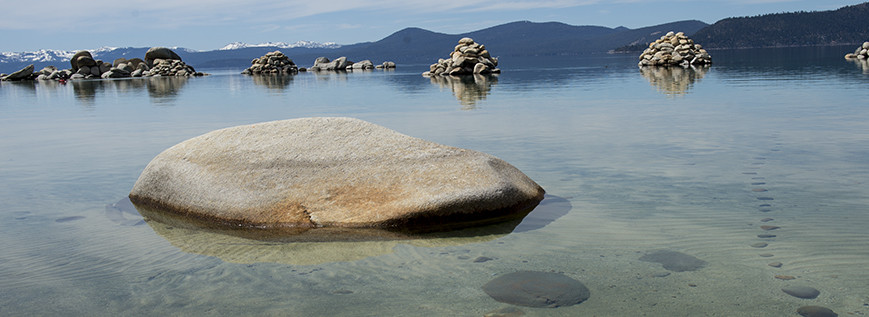It is the day after winter solstice. Until summer solstice in June, each day will last a couple of minutes longer. This planetary adjustment makes it seem like the days get brighter, and maybe they do.
It is also the end of the year, that time when many of us begin to review the year just past, and look forward to what is to come in the following year.
Twelve step folks generally like to say that we do the footwork and leave the results up to God, but I think we have more power than that. Remember that power we gave up in the first step? We get it back in the tenth step. The original steps and the original process of working the steps as described in the Alcoholics Anonymous textbook were written for those folks who had no access to anyone who could teach them the process. The book was intended to stand alone as a sufficient way to introduce people to the power and beauty of the program. It was written for newcomers. There is nothing in the literature that says steps 1, 2 and 3 are done over and over again everyday as a lifestyle. That is an initial way into a new way of living.
There is, however, lots of advice about doing 10 and 11 every day. This is where we were meant to live: in a place of power gleaned from a daily practice of introspection and connection with a god of our understanding. It's pretty simple really: go within....every day. Get in touch with the fears that are activated and causing behavior that doesn't serve, and replace those fears with faith and change the behavior. And meditate to connect with that Great Reality deep within. Then affirm (pray).
This place, this place of living in 10 and 11, is what I call the place of beauty and joy.
It hurts my heart to see people who think that just stopping the addiction is recovery. It isn't. That's just the beginning. It hurts to see people constantly fighting their addiction, always having to be on guard, always denying themselves what they really want, always saying to themselves, "I should not do that." That isn't what this program is about. It is about turning away from the addiction and into a new way of living, so that there is no more struggle. The substance is not even an issue any longer. It just goes away and there is no desire to consume it. And that desire to consume a harmful substance is replaced with a desire to live a more satisfying life.
New Thought folks (and those who call themselves atheist and agnostic) like to protest against the christian language used in the program. Consider this: back when the steps were originally written, they really had no other way to speak of these things. There was no such thing as "spiritual but not religious." There was no language for that. There was just religion. This is not a christian program, and if the language bothers you, and you are having a tough time in recovery, you may want to consider that being bothered by the language is simply a barrier that your ego has put up to prevent you from changing. That's the ego's job: to prevent change, because change is scary. And it does it's job very well. But if you are living an unsatisfactory life, then perhaps some change is needed. And such change always begins within, with our thoughts.
This New Year can be a time to change our thinking, especially if there are things in our lives we see as negative. It all begins with our thoughts. So....change your thinking, change your life!









